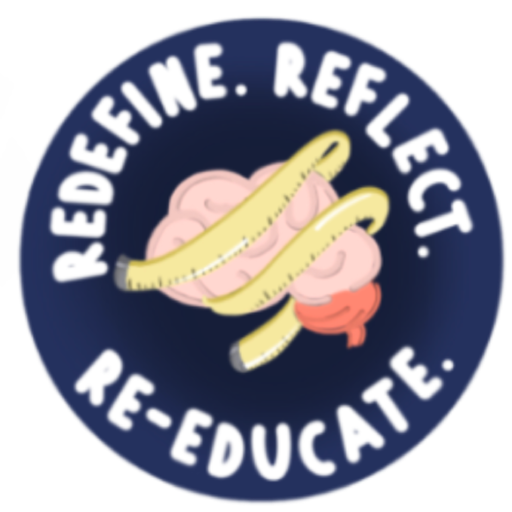AbouT
Background
The topic of eating disorders (EDs) is often considered taboo in homes and schools alike, with health classes concentrating on other subject matters (e.g., alcohol addiction, first aid, etc.), rather than eating disorders. This is not to say that these are less significant issues, but the concern is that EDs are not properly and widely addressed. Compared to the global issues that dominate everyday conversation, the severity of the eating disorder epidemic remains hidden amongst the general public.
As a result, many teens and adults nowadays turn to online sources that may present misinformation, which is serious when medical diagnoses and health information are involved. The digital world is filled with false health info from unqualified sources. Dr. Rachel Moon and colleagues published a study in the Journal of Pediatrics where they tested the accuracy of certain websites by entering 13 search phrases into the Google search engine. They found that about half of educational websites and less than a third of individual websites were medically accurate.

Origins
Joselyn Yoo is a current UNC-Chapel Hill student, who created Project Re-EDucate. In her teens, she had internalized the thin body standards that were promoted in East Asian media, which contributed to a pattern of disordered eating behaviors. The result was a destructive view on nutrition and body image.
Looking back, she wished that she had known about the impacts of disordered eating-related behaviors and the existence of eating disorder resources, such as the ANAD helpline and support groups. The idea to start Project Re-EDucate followed. Project Re-EDucate allowed her to detail her disordered eating journey and provide teens with eating disorder education.
Impact
Through in-person presentations to over 120 high school students and an online website, Project Re-EDucate aims to spread factual, useful information about EDs. This website contains interviews from three certified eating disorder experts, misconceptions about EDs, and more.
Discussion at home and work surrounding EDs is important in re-defining the eating disorder experience, reflecting on eating disorder stigma around us, and re-educating others– especially teens, the next generation of teachers and healthcare providers– about such a relevant health crisis.
